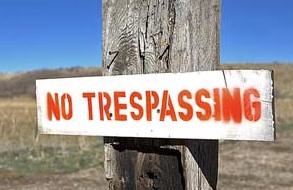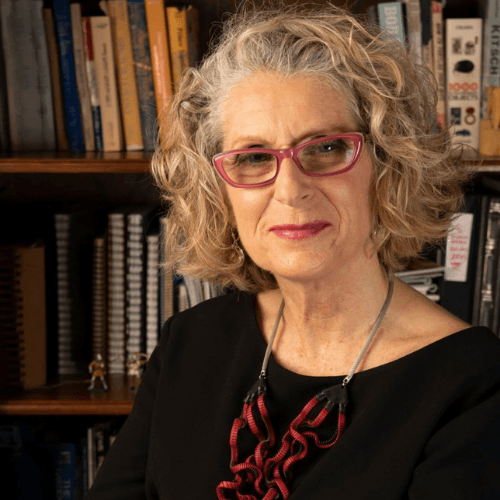Involving your board members in fund development, part two
It’s your job to help board members do their job in fund development, but what is their job? Their job, your job. together the work gets done.
- Written by
- Simone Joyaux
- Added
- November 15, 2013

First, every board member must give a personal financial contribution every year: 100 per cent participation. Yes, indeed!
You personalise the request to each board member, based on his or her financial capacity. For example, Bob is the single father of six kids and works in the kitchen of a public (state) school. So you might ask Bob for $25. On the other hand, you ask Mary for more, lots more. Mary is the head of that big corporation in your town.
Board members do more than give money.

Every board member helps identify those who might be interested in the organisation. Board members do this over and over forever.
As a board member of the Women’s Fund of Rhode Island, I identify people, male and female, that I think might be interested in creating greater equality for women and girls.
I know what interests my friends and I help link those who care about women’s rights to the Women’s Fund. I pay attention to what my professional colleagues talk about, what they did over the weekend, what bothers them in the news. For those who seem to have some affinity to getting rid of gender inequality, I help them too to link up to the Women’s Fund.
A big reminder

Do not ask, or expect, your board members to trespass on their personal and professional relationships. Sure, Mary, the head of the big corporation, is on your board. Yes, she does business with corporations and corporate executives, but they might not be interested in your cause so you shouldn’t expect her to ask for a gift, that’s a favour given to Mary, not a gift to your organisation. She should, however, identify those corporations and executives who she knows might be interested.
This is a big deal! Don’t ask board members to trespass on personal and professional relationships.
What else do board members do to help with fund development?
There’s lots of relationship building to be done and board members should help nurture relationships with those who might be interested, with those who are qualified prospects and with donors. For example: board members attend your organisation’s programmes and fundraising events. When there, they should greet guests, mingle with them, have conversations and learn all they can about them. Board members don’t hang out with their friends.
Invite a board member to visit a foundation with you and share stories. Ask a board member to join you at lunch with a donor.
There’s more!

Some board members are great strategic thinkers and may be good candidates for your fund development committee. Other board members could help to plan the next fundraising event.
Every board member can call donors to thank them for their gifts and, indeed, research shows that the result is better when it’s a member of a board saying thank you. This is not a prelude to another gift, it’s just an act of gratitude from one person to another.
And finally, board members can help to ask for gifts. They can write personal notes on a direct mail solicitation; they have to know the recipient of the letter. Just write a note that says, ‘Thank you for your support. I hope you’ll consider giving again.’ And sign it Mary Smith, board member.
Board members can help sell tickets and recruit sponsors for your fundraising event. And, a few, board members can personally ask prospects and donors – face to face.
It’s your job to help board members do this. It’s your job to anticipate and remove the barriers to their participation. It’s your job to remind them about the importance of building relationships, not just asking.

















